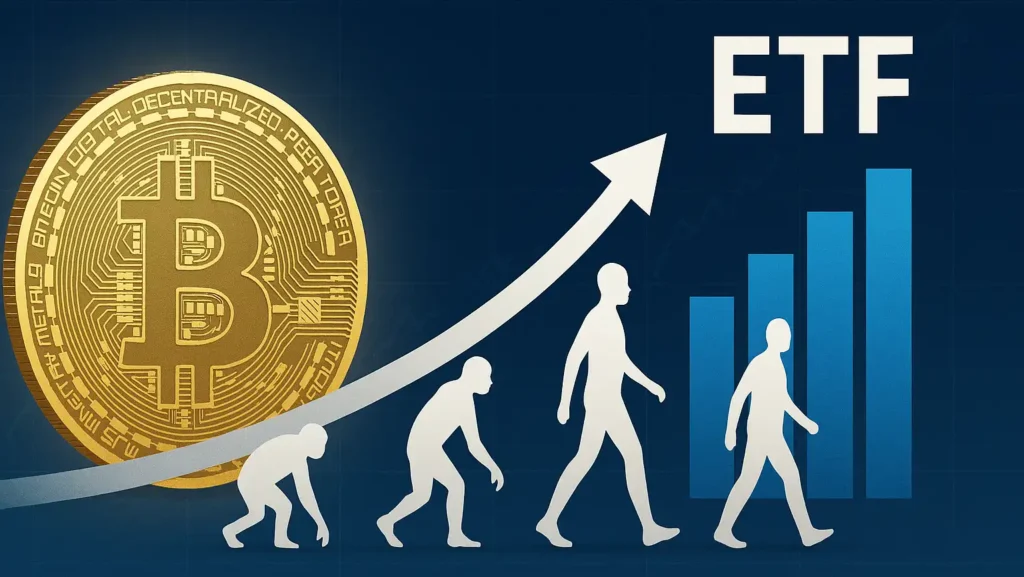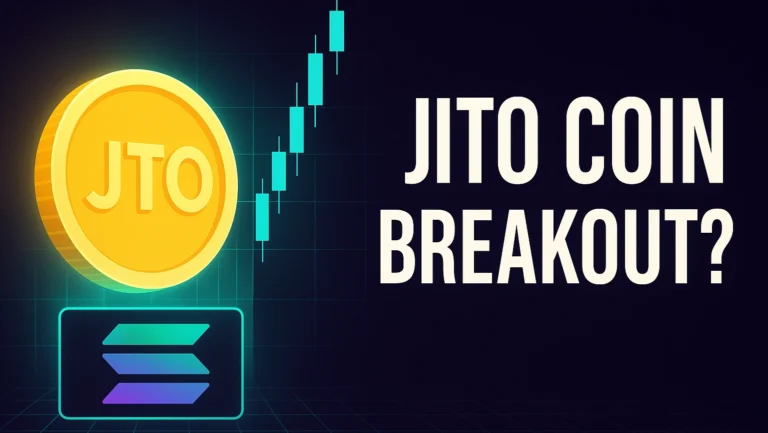The Evolution and Future of Bitcoin ETFs: A Game-Changer for Crypto Trading

Bitcoin Exchange-Traded Funds (ETFs) have reshaped the crypto trading landscape, bridging traditional finance with the decentralized world of cryptocurrencies. Since their introduction, Bitcoin ETFs have attracted billions in investments, driven by institutional interest and growing mainstream adoption.
This article explores the history, current state, and future potential of Bitcoin ETFs, highlighting why they matter for crypto traders and the broader market.
The Rise of Bitcoin ETFs
Bitcoin ETFs first gained significant attention in 2021 when the U.S. Securities and Exchange Commission (SEC) approved the first futures-based Bitcoin ETF, the ProShares Bitcoin Strategy ETF (BITO).
Unlike direct spot ETFs, futures-based ETFs track Bitcoin’s price through derivatives, offering investors exposure without owning the cryptocurrency.
In January 2024, a landmark moment occurred when the SEC approved spot Bitcoin ETFs from major players like BlackRock, Fidelity, and Grayscale.
These ETFs hold actual Bitcoin, providing a more direct investment vehicle. By mid-2025, spot Bitcoin ETFs have amassed over $60 billion in assets under management (AUM), reflecting strong demand from both retail and institutional investors.
Key milestones:
- 2021: Launch of futures-based ETFs, marking the first regulated Bitcoin investment product in the U.S.
- 2024: Approval of spot Bitcoin ETFs, boosting market accessibility.
- 2025: Global expansion of Bitcoin ETFs, with countries like Canada, Australia, and Hong Kong introducing their own versions.
Why Bitcoin ETFs Matter
Bitcoin ETFs have made crypto trading more accessible by allowing investors to gain exposure through traditional brokerage accounts, bypassing the need for crypto wallets or exchanges.
This has led to increased liquidity in the Bitcoin market, as ETFs facilitate large-scale trading without direct blockchain transactions.
They also bring regulatory oversight, which appeals to risk-averse investors wary of crypto’s volatility and security risks, such as exchange hacks.
Additionally, ETFs have driven institutional adoption, with firms like BlackRock and Fidelity integrating Bitcoin into their portfolios, signaling confidence in its long-term value.
Current Trends in Bitcoin ETFs
As of August 2025, Bitcoin ETFs remain a hot topic in the crypto trading world:
- Institutional Inflows: Major financial institutions are increasing allocations to Bitcoin ETFs, with BlackRock’s iShares Bitcoin Trust (IBIT) leading in AUM.
- Global Adoption: Countries like Hong Kong and Singapore have launched Bitcoin ETFs, reflecting Asia’s growing crypto market.
- Fee Competition: ETF providers are lowering management fees (e.g., 0.2-0.4% annually) to attract investors, making ETFs cost-competitive.
- Integration with DeFi: Some ETFs are exploring hybrid models, combining Bitcoin exposure with decentralized finance (DeFi) protocols, though regulatory hurdles remain.
These trends highlight the growing integration of Bitcoin into mainstream finance, ensuring ETFs remain relevant for years.
Read: SPK Crypto Surges Over 300 Percent: What Is Fueling Spark Token’s Meteoric Rise?
The Future of Bitcoin ETFs
Looking ahead, Bitcoin ETFs are poised to evolve further:
- Spot ETF Expansion: More countries are expected to approve spot ETFs, potentially including emerging markets like India, where crypto adoption is rising.
- Multi-Asset ETFs: ETFs combining Bitcoin with other assets (e.g., Ethereum or gold) could emerge, offering diversified exposure.
- Regulatory Developments: Ongoing debates about crypto regulation may shape ETF structures, with stricter rules potentially enhancing investor trust.
- Technological Integration: Advances in blockchain analytics could improve ETF transparency, providing real-time data on Bitcoin holdings.
These developments suggest Bitcoin ETFs will remain a cornerstone of crypto trading, adapting to market and technological shifts.
Challenges and Risks
Despite their promise, Bitcoin ETFs face challenges:
- Market Volatility: Bitcoin’s price swings impact ETF performance, as seen during the 2022 bear market.
- Regulatory Uncertainty: Changing regulations could affect ETF approvals or operations, especially in regions with strict crypto laws.
- Counterparty Risks: Futures-based ETFs carry risks tied to derivatives markets, while spot ETFs depend on secure custody solutions.
Understanding these challenges helps traders navigate the ETF landscape more effectively.
Conclusion
Bitcoin ETFs have transformed crypto trading by making Bitcoin accessible, regulated, and appealing to a broader audience. From their origins in futures-based products to the rise of spot ETFs, they have become a vital part of the crypto ecosystem.
As global adoption grows and new innovations emerge, Bitcoin ETFs are likely to remain a trending topic, offering insights into the evolving relationship between crypto and traditional finance.
Stay informed about Bitcoin ETF developments to understand their impact on the crypto trading world. Whether you are a seasoned trader or a curious observer, ETFs are a key piece of the cryptocurrency puzzle.
Read: Trump Coin Price Surges Amid Controversy: Explained Trump Coin






